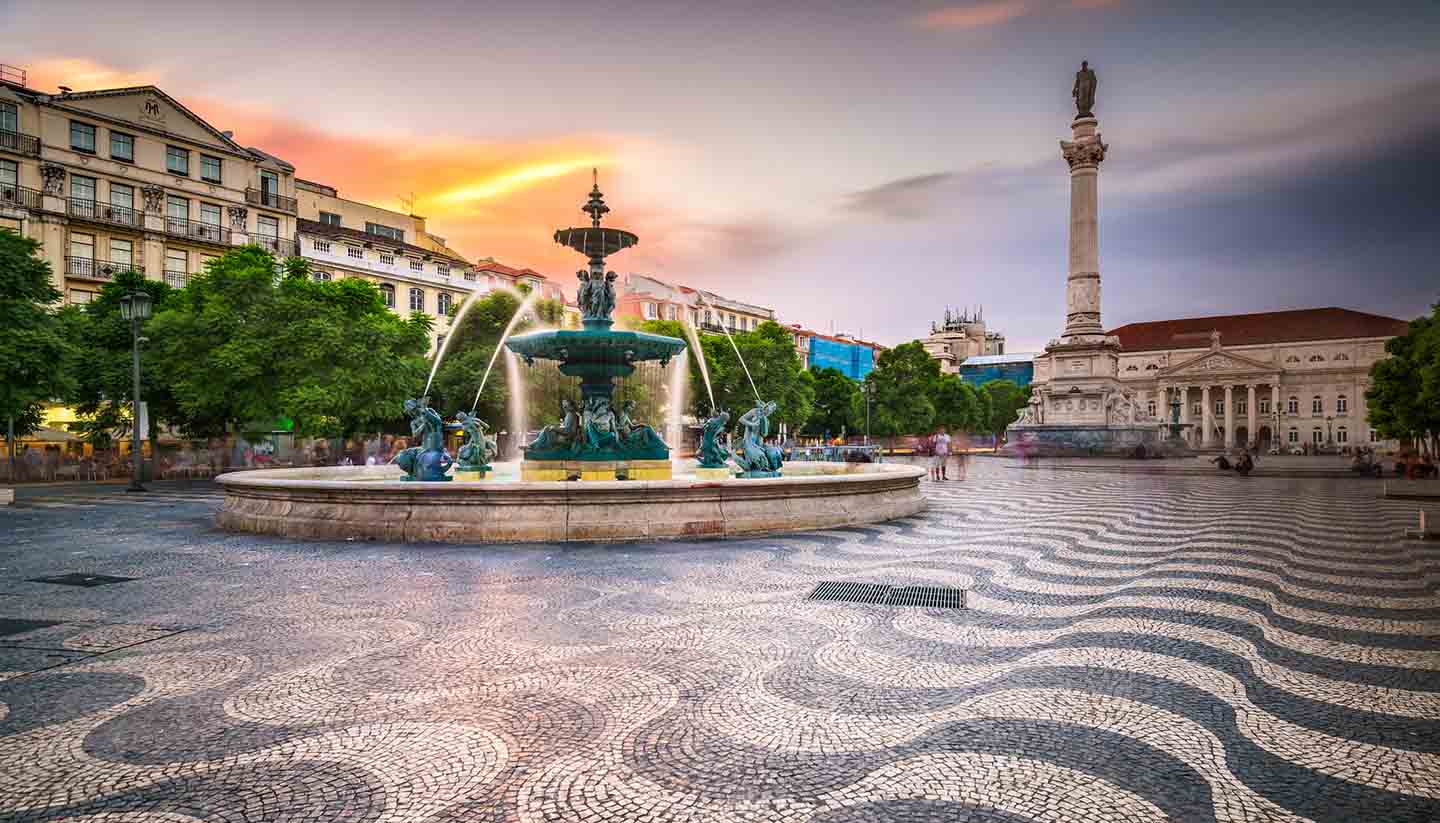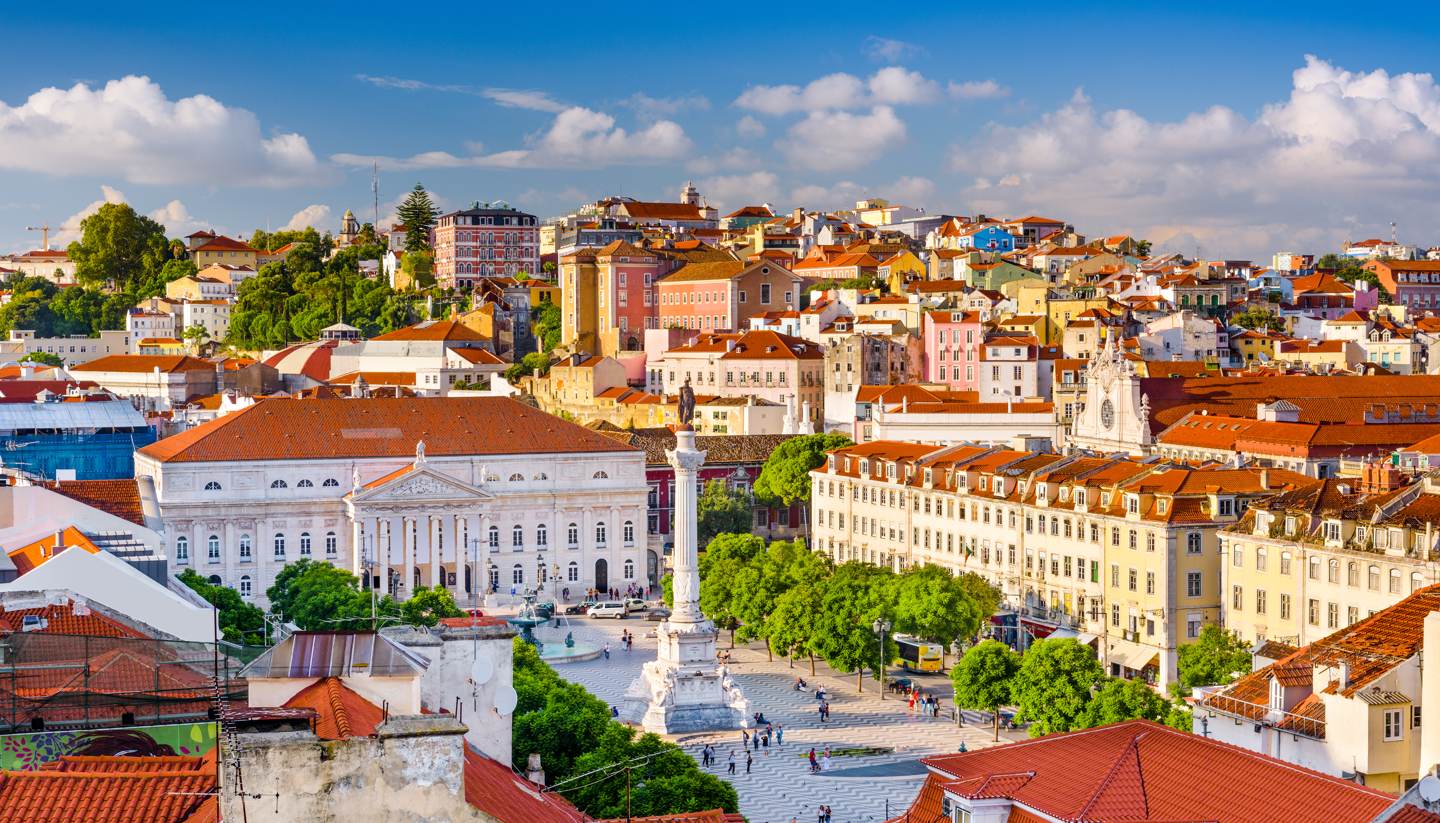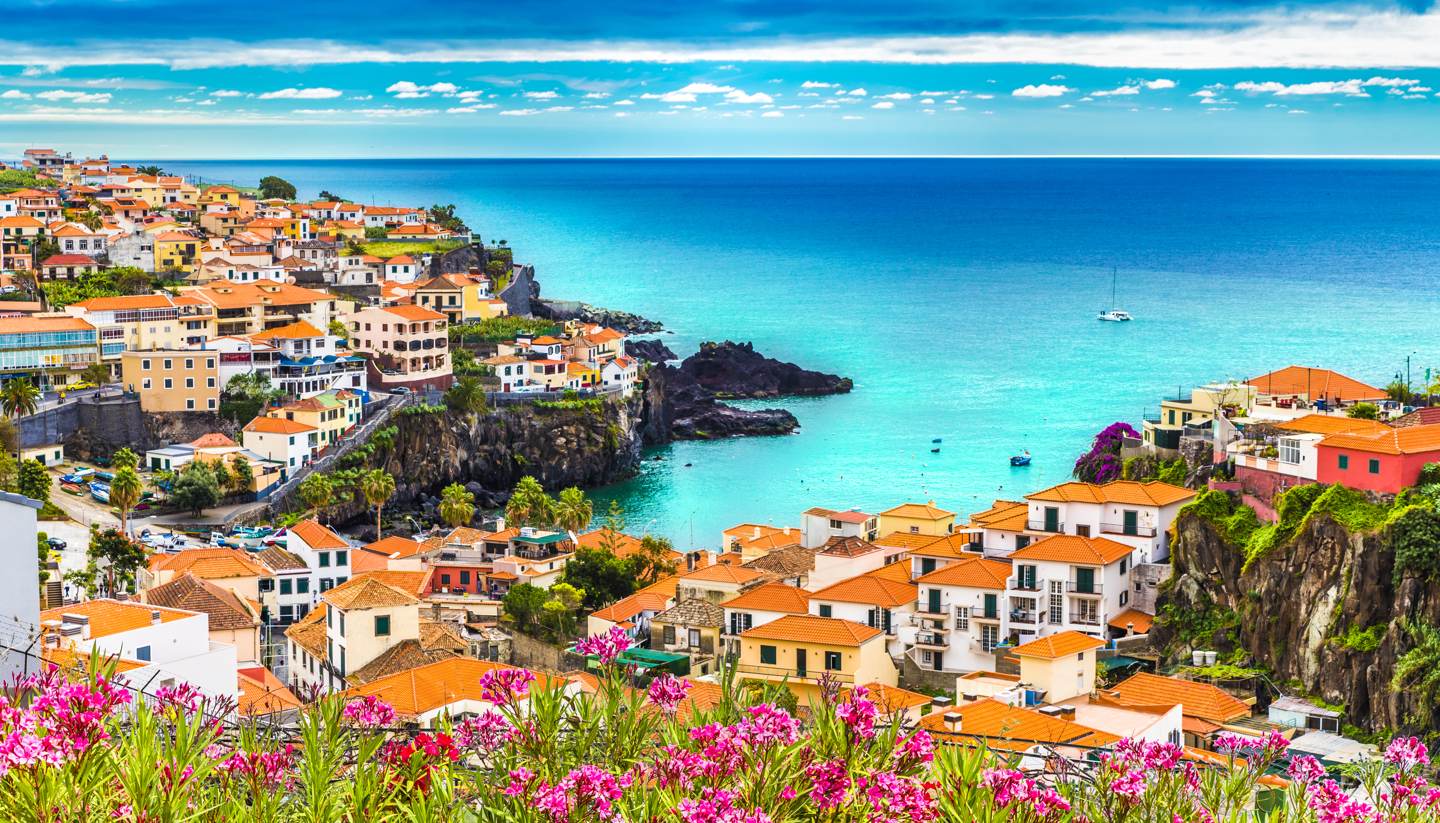Getting Around Portugal
Air
TAP Air Portugal (www.flytap.com) runs services between Lisbon, Faro, Madeira, Porto Santo, Porto and the Azores. Charter flights are also available. The airline for the Azores is SATA (Sociedade Acoriana de Transportes Aereos) (www.sata.pt), which operates its Air Açores service between the various islands.
Portugal is not a huge place, therefore it is probably wiser to drive between the mainland cities unless you want to fly between Porto and Faro at the opposite ends of the country.
Departure tax
None.
Road
The routes between the main cities and towns along the coast are of sufficient standard. Some of the smaller roads further into the countryside can be rough and ready at times however, though you’ll get there eventually. Portuguese drivers themselves can be erratic too, so be watchful at all times.
Petrol stations generally open 0700-2000, although some are open 24 hours.
Travel by motorway is subject to a Via Verde electronic toll system in your car or the usual cash and card payments, according to distance covered and type of vehicle.
Side of the road
RightRoad Classification
There are around 3,000km (1,860 miles) of autoestrada (motorways) in Portugal connecting the main inland cities and towns, which are designated with ‘A’ and sometimes ‘E’ codes. There are also nine itinerários principais (principal routes) known through the ‘IP’ code and 37 itinerários complementares (complementary routes) with the ‘IC’ code.
Estradas nacionais (national routes) can be located using the ‘N’ code, estradas regionais (regional routes) through the ‘R’ code and estradas municipais (municipal routes) with the ‘M’ code for ease of use around the country.
Car Hire
Available from major and local providers in main towns and airports, with or without driver. You must be at least 21 to 25 to hire a car.
Taxi
Taxi drivers are not generally tipped, but passengers commonly round up the fare.
Bike
You can take bikes to Portugal by plane and train, but not by coach. The European cycling boom is well catered for in Portugal, with several operators offering tours if you prefer to cycle in a group. Bikely (www.bikely.com) provides a handy list of routes. Local bike hire is commonplace if you just want to ride for a morning or afternoon.
Coach
You can travel internally by bus using operators InterCentro (tel: +351 707 200 512; www.intercentro.pt) and its affiliate InterNorte.
Regulations
The minimum age for driving is 18. Cars may be imported for up to six months. Traffic signs are international. Drivers should dip headlights in built-up areas and use side lights when parking in badly lit areas. Children should not travel in the front seat. Seat belts should be worn. Warning triangles are compulsory. It is forbidden to carry cans of petrol in vehicles.
Speed limits are 50kph (30mph) in built-up areas, 90kph (56mph) outside built-up areas and 100-120kph (62-75mph) on motorways.
Breakdown services
Automóvel Club de Portugal (ACP) (tel: +351 808 22 22 22; www.acp.pt) operates a 24-hour service.
Documentation
International Driving Permits or foreign driving licences are accepted. Third-party insurance is compulsory. Under the requirements of the Portuguese Road Code, those wishing to drive a car must possess a valid national/international driving licence, other official documentation with photograph, log book or rental contract and adequate car insurance. Failure to produce, on request to the authorities, any of the above will result in an on-the-spot cash fine. A Carnet de Passage is needed for a van.
Urban travel
Transportes de Lisboa operates Lisbon's public transport, including an extensive underground system, trams, buses, and ferries across the Tagus. The city's suburban rail lines, operated by Portuguese Railways, are useful for covering longer distances. Porto also has an underground (Metro de Porto), trams and buses. Taxis are readily available in both cities, much like the rest of the country.
Rail
Comboios de Portugal - CP (tel: +351 707 210 220; www.cp.pt) is the Portuguese national rail service provider. Alfa Pendular trains offer the fastest rail link from Lisbon to the Algarve and from the capital to the north (Porto, Braga or Guimarães, with stops in Coimbra and Aveiro); the Intercidades (Intercity) service covers Lisbon, Porto, Alentejo and Lisbon to Algarve routes.
A vast network of regional, inter-regional and suburban trains covers the country. The tourist areas of Cascais and Sintra are connected to Lisbon by frequent express trains. High-speed Alfa trains run between Lisbon and Porto via Coimbra and Aveiro.
Rail Passes
InterRail One-Country Pass: offers travel for three, four, six or eight days in one month within Portugal. Travel is not allowed in the passenger's country of residence. Travellers under 26 years receive a reduction. Children under 12 travel free when accompanied by an adult using an Adult Pass. Supplements are required for some high-speed services, seat reservations and couchettes. Available from Voyages-sncf.com (tel: +44 844 848 5848, in the UK; www.voyages-sncf.com).
Eurail Portugal Pass: offers travel for three, four, five or eight days in one month within Portugal. Available to non-EU nationals from Eurail (www.eurail.com).
Cheap fares: Children between five and 13 and senior citizens get discount fares of 50%, return tickets by 10% and youth travel (Cartão Jovem or Euro<26 cardholders) by 25%. Family railcards, groups discounts and rover tickets are also available. Check Portuguese Railways online (www.cp.pt) for current promotions.
Water
Several tour operators run cruises along the spectacular River Douro. There is no longer a ferry from mainland Portugal to Madeira.



